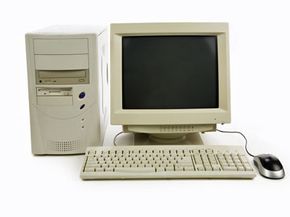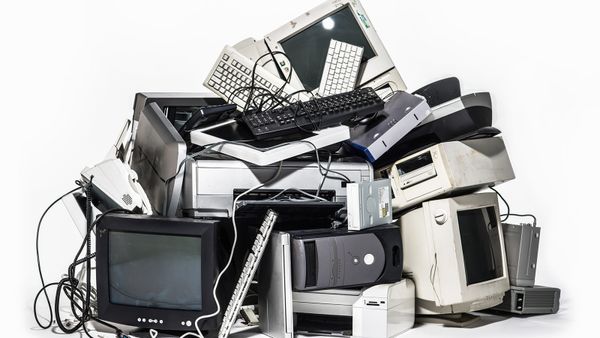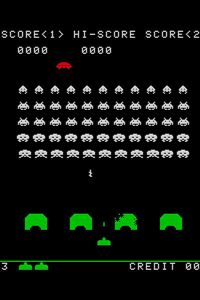The fast pace of computer innovation has provided us with more powerful systems at lower prices. This leaves many of us with a dilemma. Every time we upgrade one of our computers to gain more speed, more storage or more bells and whistles, we're left with an older computer that no longer meets our needs.
For most of us, the easiest thing to do is to put the old computer system in a closet, the basement or some other out-of-sight, out-of-mind location. There are, however, better solutions, particularly if the computer in question is still operable and less than five years old.
Advertisement
The worst choice you can make is to put the computer (or any electronic equipment) in the trash. Landfills are no place for the harmful chemicals, including lead, cadmium, beryllium and mercury, found in virtually all digital equipment. With many other solutions available, there's no reason to simply throw an old computer away.
You might find someone else to whom you can give your old computer. Nonprofit organizations are good choices, mainly because they often have to use their funding for priorities other than purchasing new technology. But that's where the five-year limit comes in.
Generally speaking, if your computer is more than five years old, or in the case of a Windows system, has a pre-Pentium processor, it's unlikely most charities can make use of it. It's difficult to find software for these systems and, given the number of computers being donated, many charities no longer need to accept slower machines.
If the computer isn't operational, or has inoperable components, the best choice is to work with a recycling company -- we'll get to that on the next page. Recycling company representatives can evaluate the system and, in some cases, may be able to replace hard drives or other components to create a useful system. Many charities simply don't have the personnel or capabilities required to refurbish inoperable computers.
Advertisement


